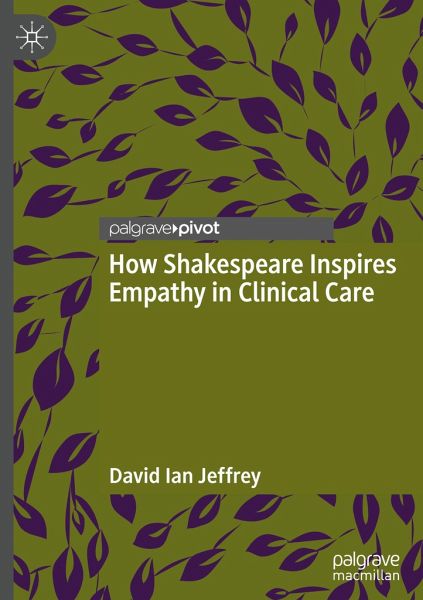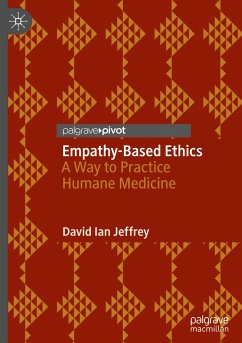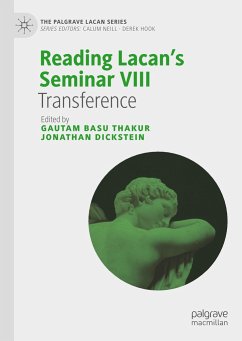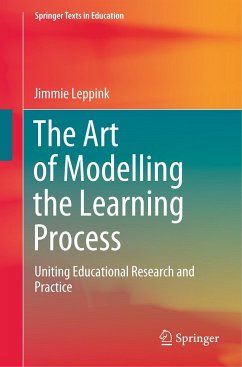
How Shakespeare Inspires Empathy in Clinical Care
Versandkostenfrei!
Versandfertig in 6-10 Tagen
34,99 €
inkl. MwSt.
Weitere Ausgaben:

PAYBACK Punkte
17 °P sammeln!
This book investigates how a study of Shakespeare's plays may enhance empathy in doctors, nurses, and other healthcare professionals. Addressing the widely perceived empathy gap in teaching and medical practice that emerged after the Covid-19 pandemic, the book presents a new study into the psychosocial elements of human interactions. It offers invaluable insights into how students and practitioners may be supported in dealing appropriately with their emotions as well as with those of their patients, thereby facilitating more humane medical care. Fostering an empathic patient-doctor relationsh...
This book investigates how a study of Shakespeare's plays may enhance empathy in doctors, nurses, and other healthcare professionals. Addressing the widely perceived empathy gap in teaching and medical practice that emerged after the Covid-19 pandemic, the book presents a new study into the psychosocial elements of human interactions. It offers invaluable insights into how students and practitioners may be supported in dealing appropriately with their emotions as well as with those of their patients, thereby facilitating more humane medical care. Fostering an empathic patient-doctor relationship, the author explores the emotional, cognitive and moral dimensions of care and describes how Shakespeare studies can be realistically incorporated into the medical curriculum through group reflections, workshops and special study modules.












